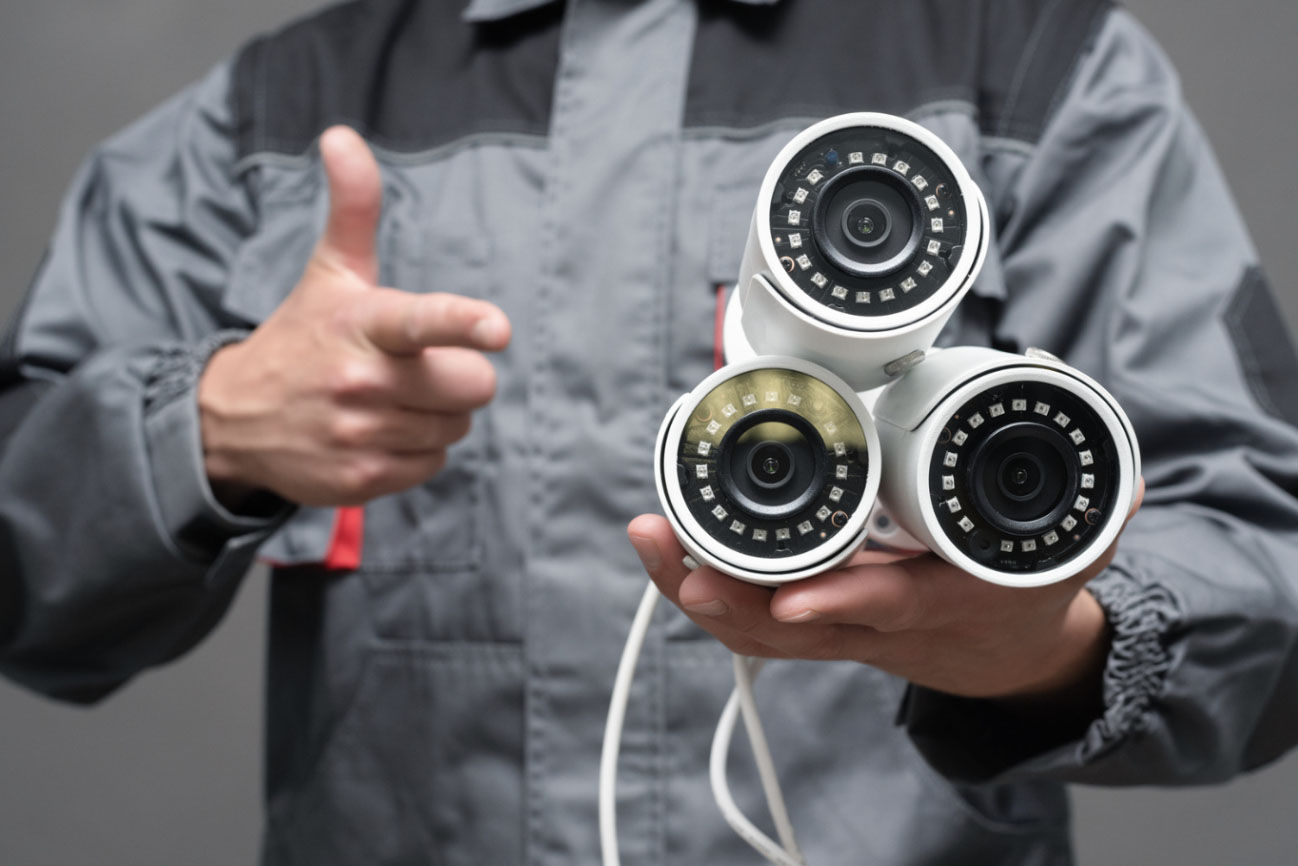
How to Select the Ideal Security Camera System for Your Home
Owning a security camera system can significantly boost home safety. With many options available, choosing the right system depends on key factors. Homeowners investing in a security camera system should assess their requirements, home setup, and technology. Check out our ultimate guide for selecting your home's ideal security camera system.
-
Assess Your Security Requirements
Before diving into numerous choices, pause to evaluate your security requirements. Are you aiming to surveil a large outdoor space, a compact room, or the perimeter of your home? Will the cameras primarily discourage potential intruders, or do you require high-definition footage for individual identification? Reflect on the following tips to define your requirements:
-
Consider the location for camera placement: Outdoor cameras, weatherproof with a wide field of vision, are suitable for monitoring larger areas. Meanwhile, indoor cameras, designed for discreet close-range monitoring, offer a different approach.
-
Visibility: Having a visible camera can act as a powerful deterrent, whereas concealed cameras might capture more suspicious activity that is less likely to be halted.
-
Lighting: If you need to record in low-light or no-light settings, consider opting for a camera equipped with infrared or night vision capabilities, as not all cameras perform well under such conditions.
-
-
Features and Tech to Look
Security camera systems offer numerous features that can boost the efficiency of your surveillance. Consider the following technological aspects:
-
Resolution tip: The greater the resolution, the sharper the image. Look for cameras with a minimum of 1080p resolution, or opt for 4k for ultra-high-definition videos.
-
Field of View: Decide on the angle your camera should cover. A broader field of view enables a single camera to oversee a larger area.
-
Storage and Retention: Video footage is typically stored either in the cloud or on a local device. Cloud storage offers convenience and security, whereas local storage provides autonomy but carries the risk of footage loss in case of device compromise.
-
Remote Access: Numerous contemporary systems provide mobile applications enabling you to monitor your cameras from any location.
-
-
Installation and Use
When considering the installation and operation of your system, prioritize practicality. If you're not tech-savvy, opt for an easy setup and user-friendly interface. Remember these key factors:
-
Comparison Between Wireless and Wired Systems: Wireless systems are easier to install and provide greater flexibility, whereas wired systems offer higher reliability and are more suitable for larger homes.
-
Installation: When deciding between systems that can be installed by homeowners and those that require professional installation, consider the level of expertise you are comfortable with.
-
Check for compatibility: Ensure your security camera system works with your other smart home devices in your tech setup.
-
-
Budget
Your budget will significantly influence the decisions you make. Discovering a system that aligns with your financial situation while maintaining the necessary quality and functionality is crucial. Don't forget to consider extras-related expenses such as cloud storage subscriptions and additional equipment.
Before purchasing, ensure to review and look for any special deals that could enhance your investment. With this guidance and a solid grasp of your security requirements, you can select the ideal security camera system to safeguard your home. Always remember investing in your family's safety and peace of mind is invaluable.
